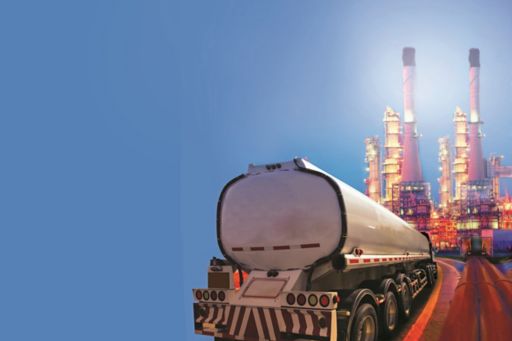Trade and customs: Strategies for an uncertain future
Trade and customs: Strategies for an uncertain future
The one thing that businesses do not like is uncertainty. This definitely holds true for global chemical companies facing an increasingly uncertain world trade environment. Potential disruptors are everywhere - rapidly changing regulations, shifting trade relationships and volatile geopolitical issues continue to interact in complicated ways to increase uncertainty. However, leading chemical companies are finding security in their ability to respond quickly and capitalize on opportunities as a result of their investment in building global trade management programs that leverage the best of today’s global trade technology along with advanced strategies around people, process and organization.
Highlights

Today’s global trade environment is undergoing a series of tectonic shifts, creating some of the highest levels of uncertainty in years. Under the Trump administration, the US has withdrawn from discussions around joining the Trans-Pacific Partnership. At the same time, China is expanding its Asian presence with its “One Belt One Road” project that involves increased trade and economic development with over 60 countries.
In North America, the US, Mexico and Canada are heading towards renegotiating the North American Free Trade Agreement (NAFTA). In Europe, the European Union has been shaken by the UK’s imminent exit. Compounding these uncertainties are security issues involving North Korea, China’s growing presence in the South China Sea, and ongoing complications involving trade and rapidly changing economic sanctions in multiple countries.
For chemical companies in particular, changes in regulatory and trade restrictions are having a major impact. In addition, technology is progressing, which is changing the operational aspects of trade.
Global trade as a business driver
The global trade function is the adhesive which binds together all parts of a business. A robust and comprehensive global trade program can create agility, business optimization and direct bottom line impacts.
Agility and organization
The ability to meet customer commitments though the current volatile business environment requires trade professionals to be thoroughly integrated throughout the business. In addition, the appropriate trade organization is not a one-size fits all standard, so it is critical for businesses to identify their target operating model. Undertaking a thoughtful analysis is key.
Flexible processes and maintaining compliance
Once you determine the optimal organization structure, you must determine what processes and oversight is necessary to promote compliance and business continuity. This may include the development of policies, minimum standards, global business processes, standard documentation, performance tracking and reporting processes.
Bottom-line savings and automation
The right organization and the best supporting policies and procedures only gets you part of the way there. Top performing trade compliance functions are enabled by global trade management (GTM) automation solutions. Automation allows companies to alleviate redundant tasks from their teams, provides for less human intervention in certain activities and increases compliance.
Conclusion
Although the outlook for global trade remains uncertain, it is certain that those chemical companies that invest now in building the infrastructure of their global trade compliance programs will have the competitive advantage and will be in a stronger position regardless of what the future holds.

